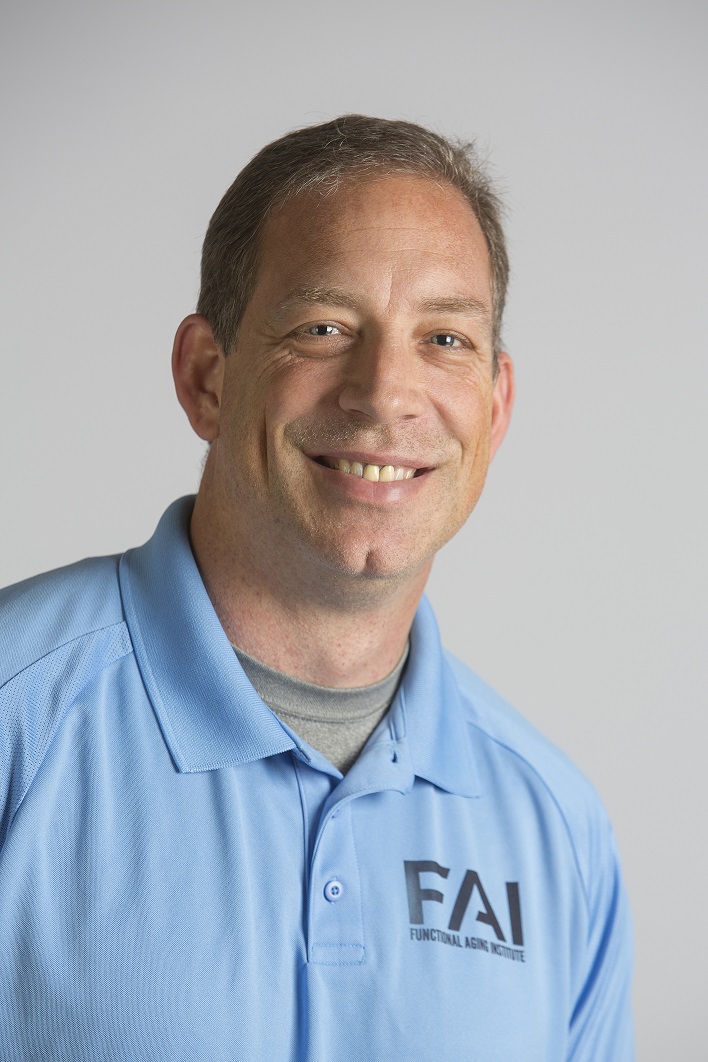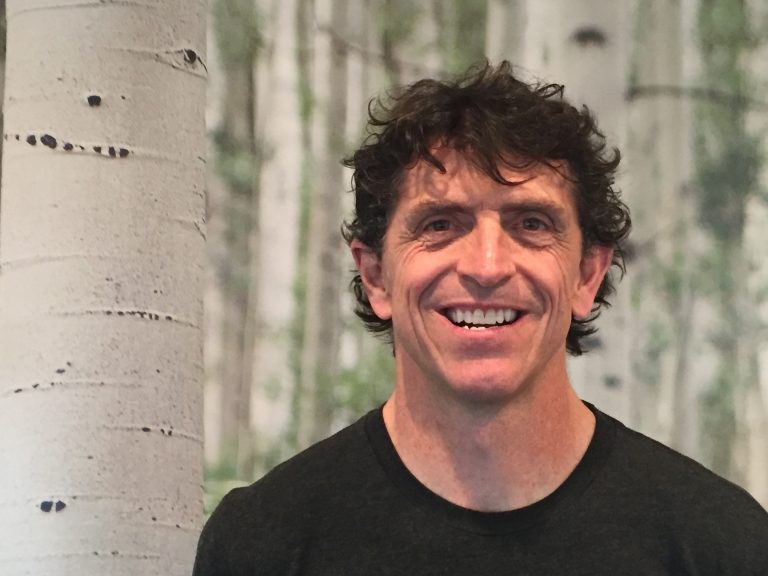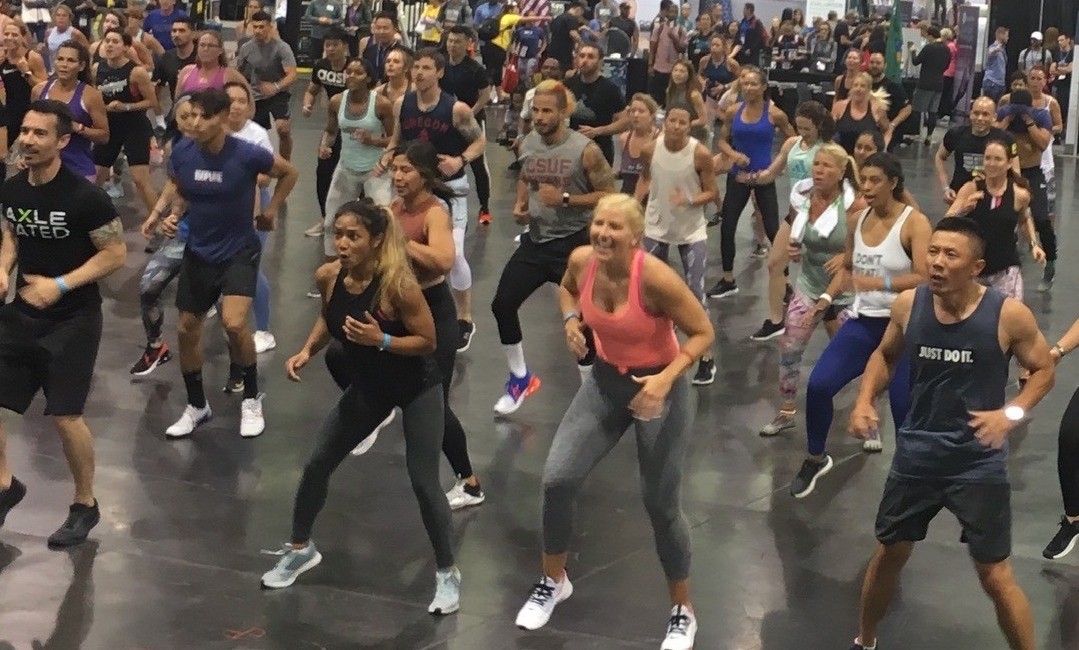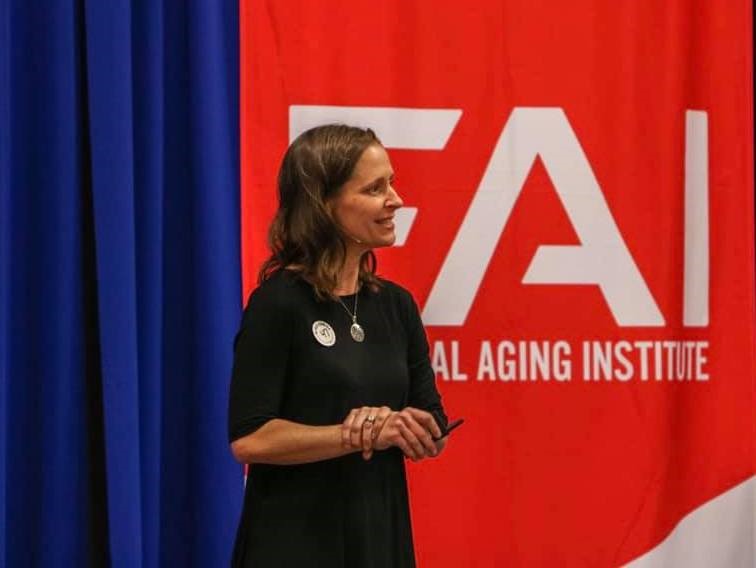By Cody Sipe
Functional Aging Institute
Exercise equipment for mature clients is a great topic for trainers to discuss with each other and with their clients. When we do so, let’s keep our focus on the need for function, not merely an individual’s age.
Depending on each client, we trainers can use all the tools at our disposal – including strength machines, barbells, elliptical trainers, step climbers and kettlebells for clients at any age.
It’s a lingering myth that something becomes off-limits or “too dangerous” once a client reaches a certain age. It’s even ageist and needlessly limiting to say, “You can do only chair exercises” – or “Don’t use anything heavy.”
I was interviewed recently for an article in US News & World Report headlined Exercise Equipment for Seniors that addressed various tools commonly used in gyms and studios. I want to expound on some of the points the article covered, and touch on some others that didn’t make the cut.
About ellipticals, bikes and rowing machines, I said, “It is more dangerous not to be doing these things than to do them, because of the health risks of being sedentary… Those are all really good for people who have any sort of lower-limb discomfort or osteoarthritis. That’s typically what we recommend for them.”
We also discussed resistance bands, which have their uses but also their limitations. Remind your clients that they can build more strength with cable machines or free weights. Don’t let them avoid a challenge by using just bands.
Older clients can choose anything that younger adults do, as long as they’re physically capable and have instruction, just like anybody else.
We must train them with a variety of equipment options and get away from “one size fits all” style restrictions.
And while walking or running are great, they are not enough. Repeat it to your clients and prospects: Walking and running are not enough.
Help them try something new and learn what they like. If that’s free weights, then great. If someone is curious about kettlebells, for instance, then show them how to use them and why (assuming you think they’re appropriate for that individual). Don’t let her hesitation prevent her from giving it a whirl.
On the flip side, be careful you don’t just throw new ideas about different equipment at them willy-nilly. Have a strategy. Make it relevant.
We have a lot of tools available to us, and that’s great. But ultimately, we’re trying to achieve a functional outcome.
The Functional Aging Institute offers members valuable instruction about how you can make the most of equipment training for your clients. Be sure to take become certified as a Functional Aging Specialist. And check out instruction from Anchor Point Training and ActivMotion Bar.







